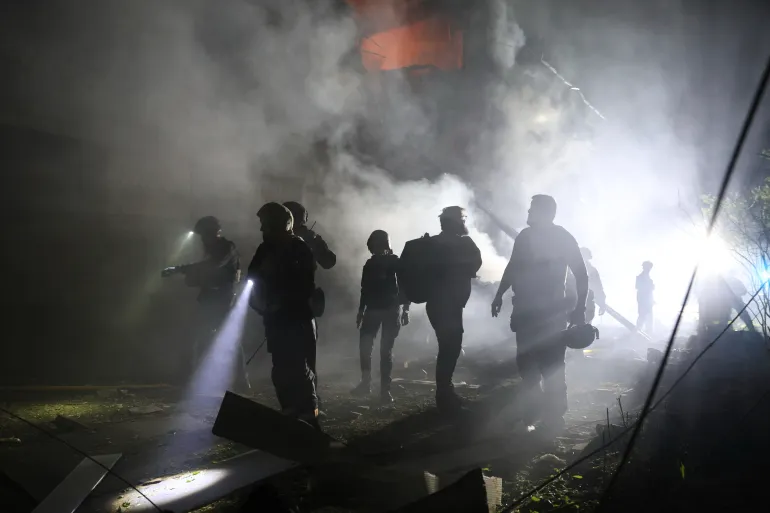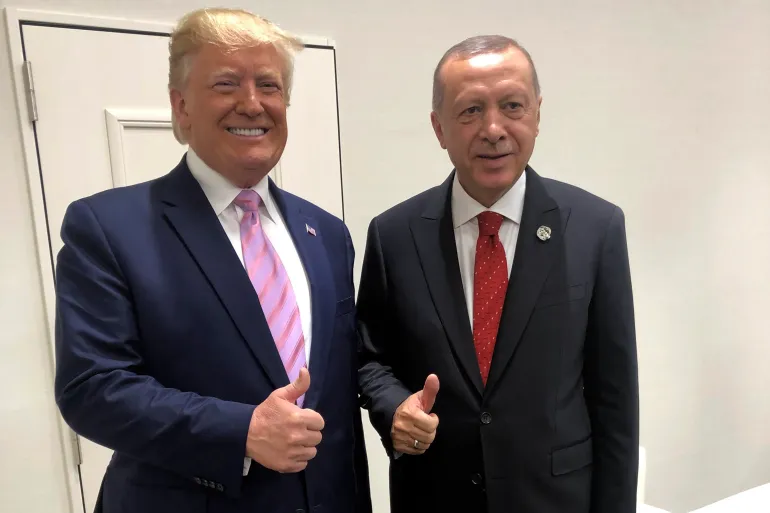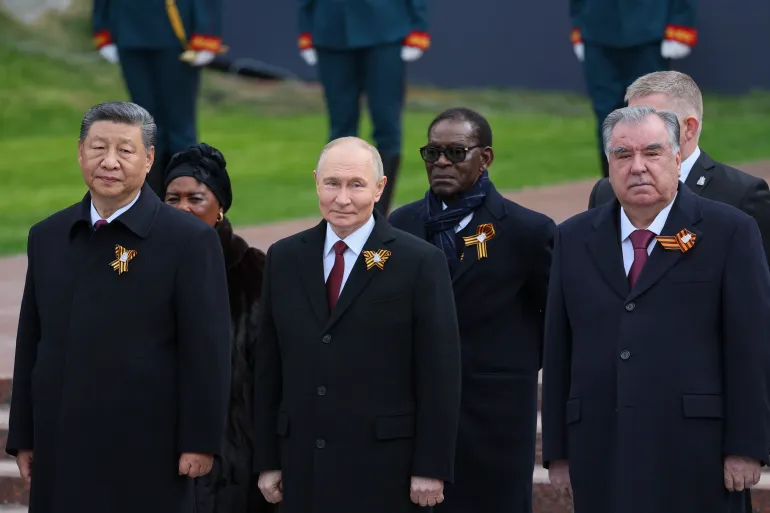Australia has joined four other Western nations in imposing sanctions on two senior Israeli ministers over allegations of inciting violence against Palestinians in the West Bank. Foreign Minister Penny Wong announced Magnitsky-style sanctions on National Security Minister Itamar Ben-Gvir and Finance Minister Bezalel Smotrich, aligning with the UK, Canada, New Zealand, and Norway.
The sanctions include travel bans and asset freezes. Wong justified the decision by stating the ministers had “actively supported unlawful and violent settlement activities.” She emphasized Australia’s commitment to peace in the Middle East and said the action was necessary to uphold international law.
Prime Minister Anthony Albanese defended the move in response to criticism from U.S. Senator Marco Rubio, who claimed the sanctions would undermine peace talks. Albanese stated that Australia is a sovereign nation making independent decisions, even when they involve allies.
In domestic politics, Tasmania is heading to an early election after Premier Jeremy Rockliff lost a no-confidence vote in the state parliament. The governor accepted Rockliff’s request for dissolution, and voters will return to the polls on July 19. This marks the fourth election in the state since 2018.
Meanwhile, the Australian Broadcasting Corporation (ABC) has announced it is cancelling its long-running political discussion show Q+A as part of a broader corporate restructuring. The shake-up will result in around 80 job cuts across the organization, drawing criticism from unions and media watchdogs.
In the aviation sector, Jetstar Asia revealed it will cease operations due to rising costs and market challenges, affecting over 500 employees. The announcement has sparked concerns over job security in the broader airline industry.
Abroad, Australia has raised concerns over the treatment of journalists after four Australian reporters were injured by U.S. police during protests in Los Angeles. The reporters were hit with rubber bullets and tear gas while covering demonstrations against immigration policies. Canberra has formally expressed concern to Washington and is offering consular assistance.
Health services are also under pressure, with elective surgery waiting lists in New South Wales reaching over 100,000 patients. The state government is facing growing criticism for failing to allocate sufficient resources to address the backlog.
Environmental issues were also in the spotlight, as Western Australia’s water management came under scrutiny from environmentalists following the release of a new report that highlighted unsustainable usage patterns and insufficient conservation efforts.
In Queensland, the future of Toowong’s psychiatric hospital remains uncertain. Advocates warn that unless urgent funding is provided, the facility may have to shut down, exacerbating mental health care shortages in the region.
This comprehensive day of developments underscores Australia’s increasingly assertive international posture and ongoing challenges on the domestic front—from political instability and media restructuring to healthcare bottlenecks and environmental management.
Source: The Guardian



